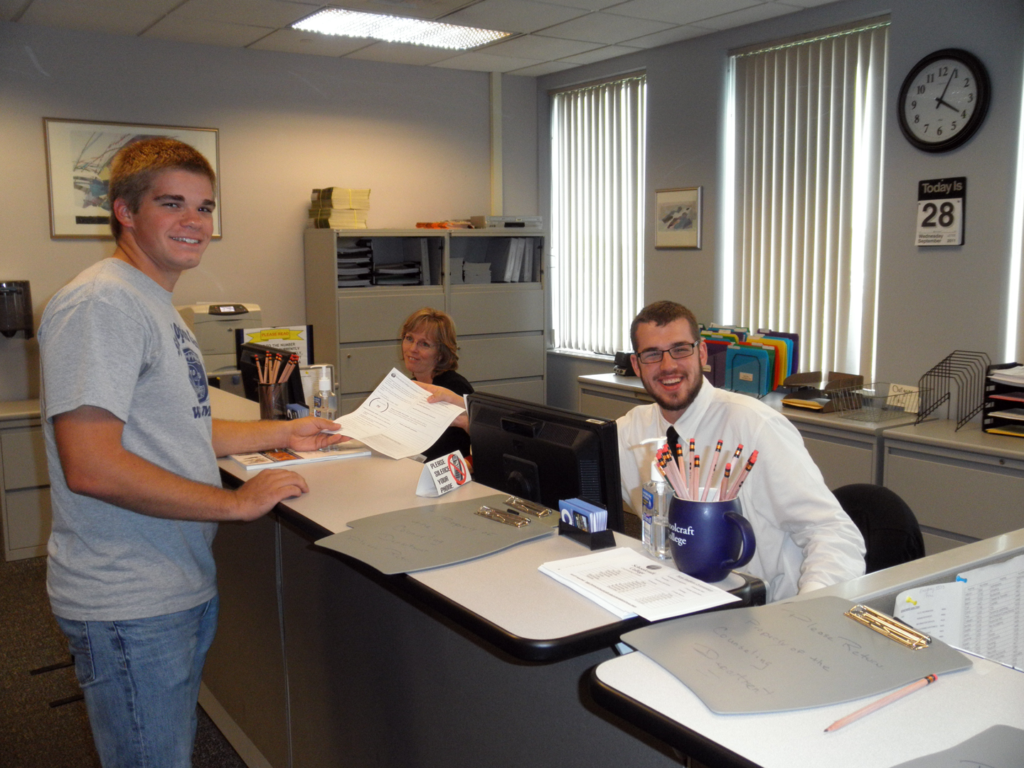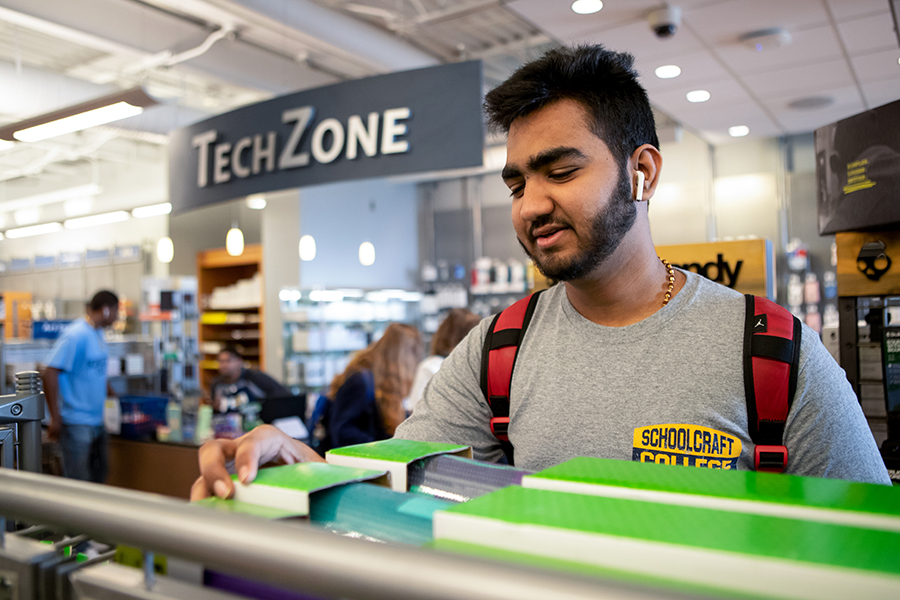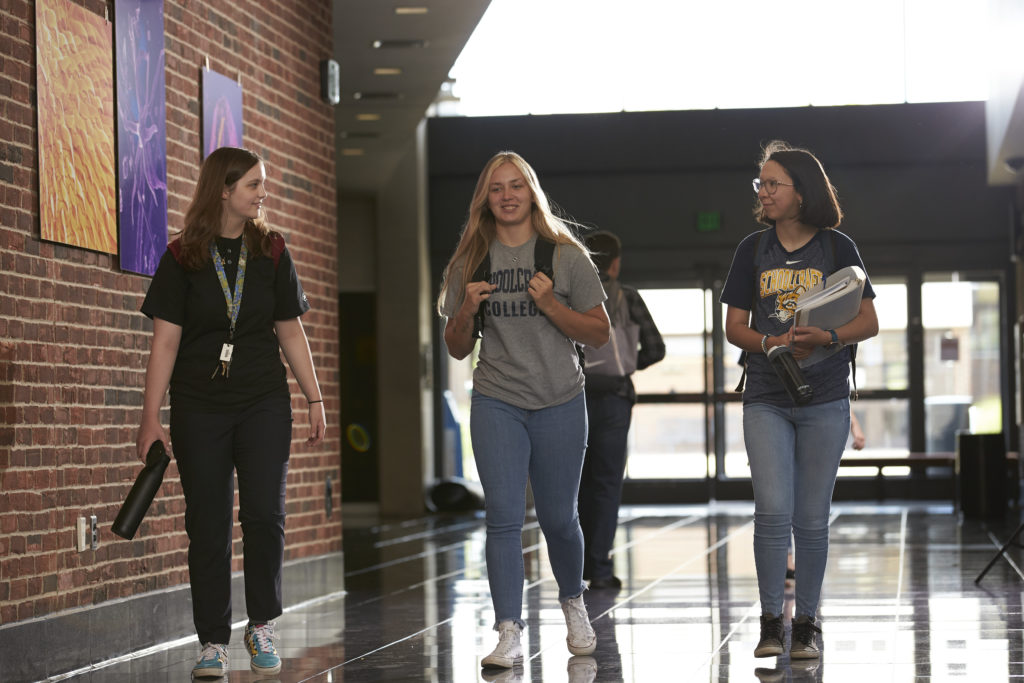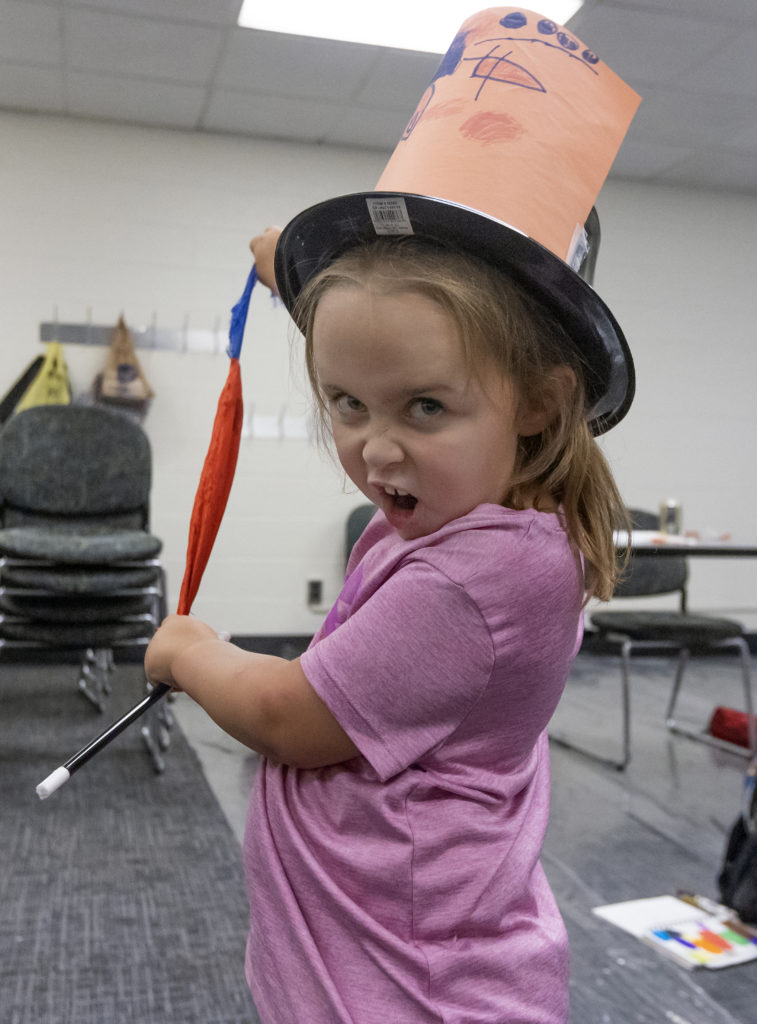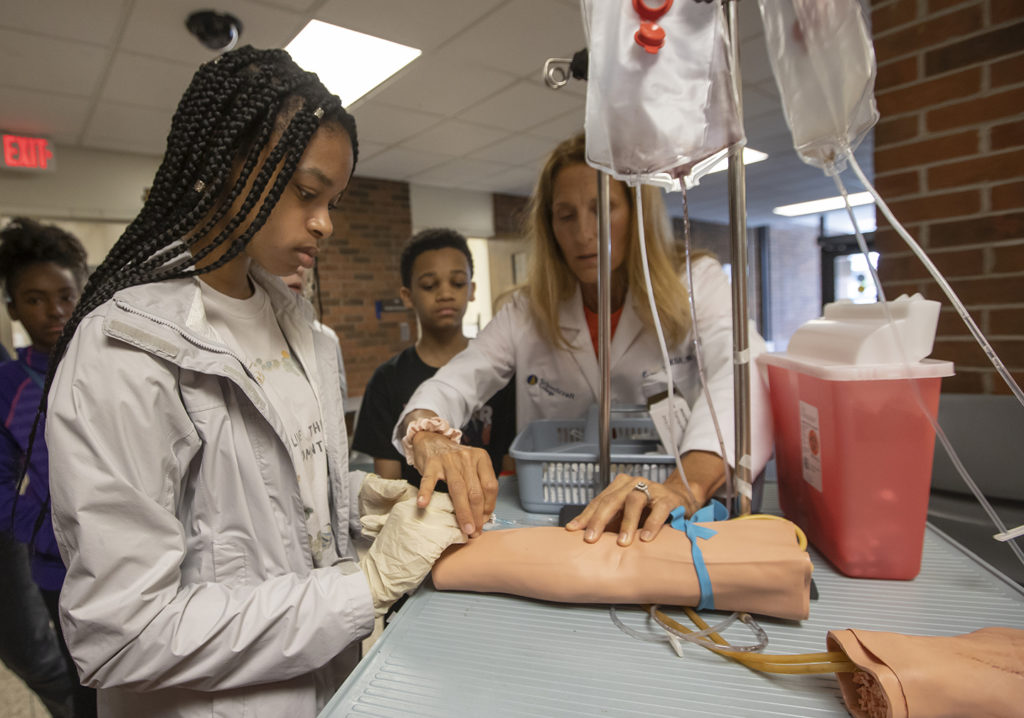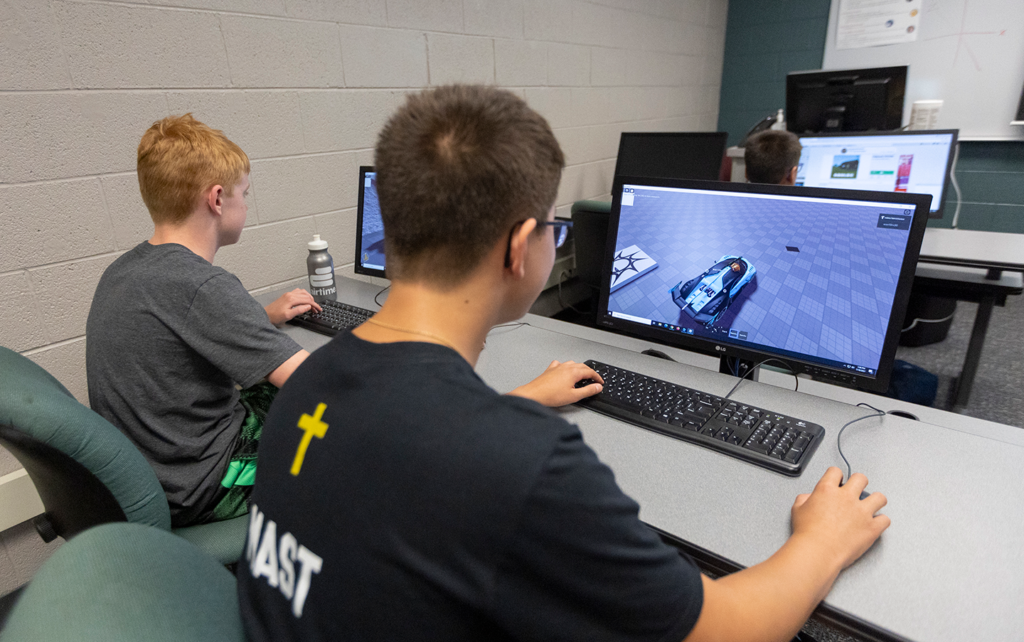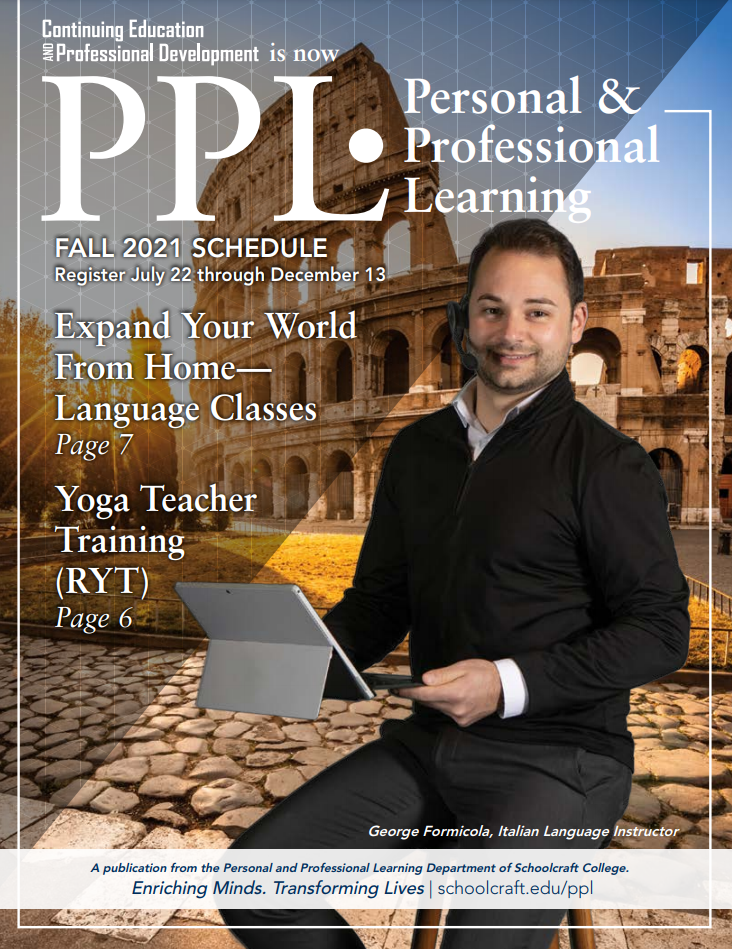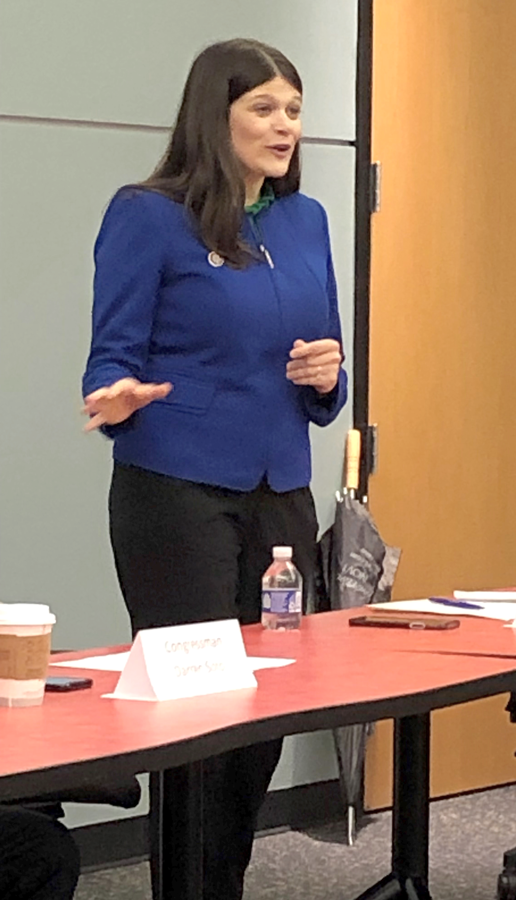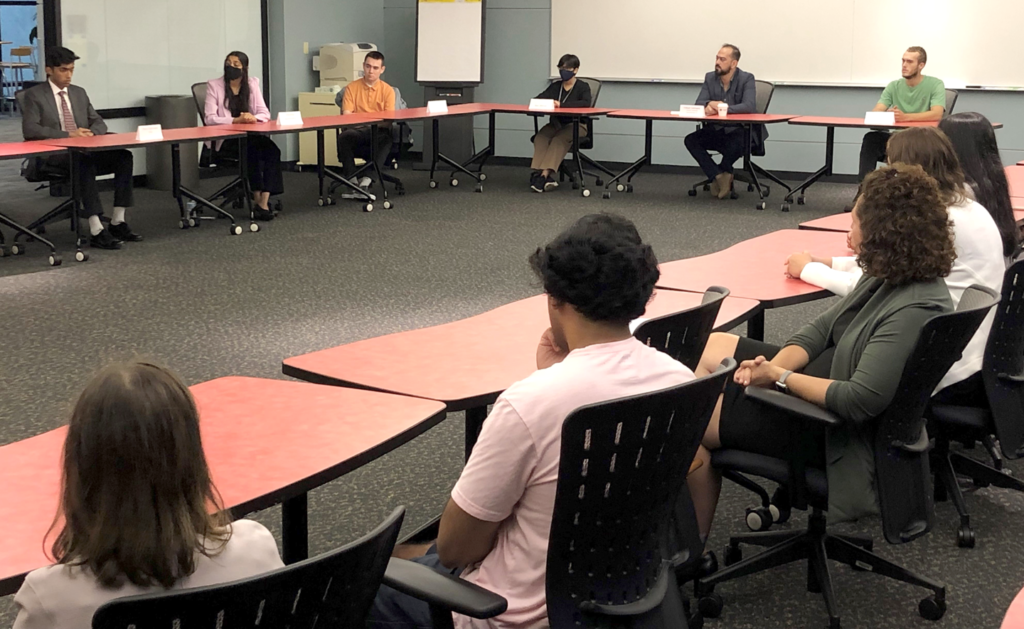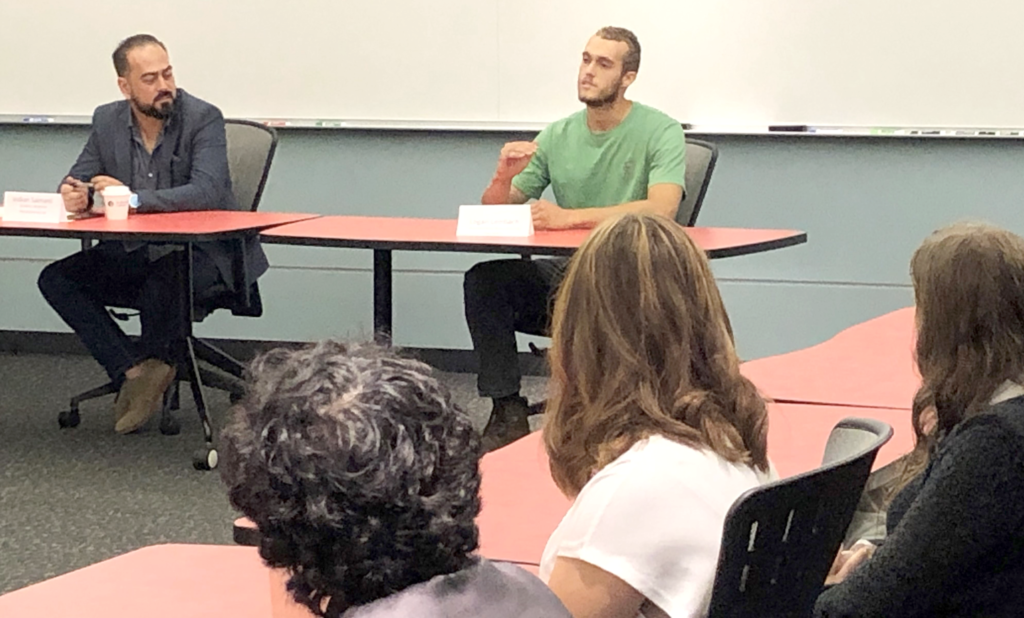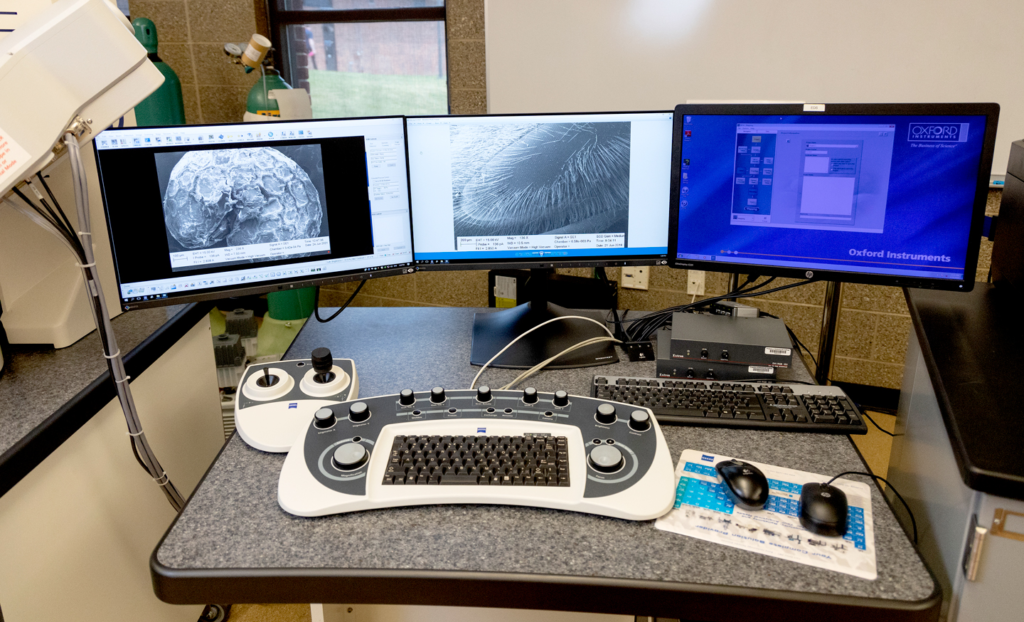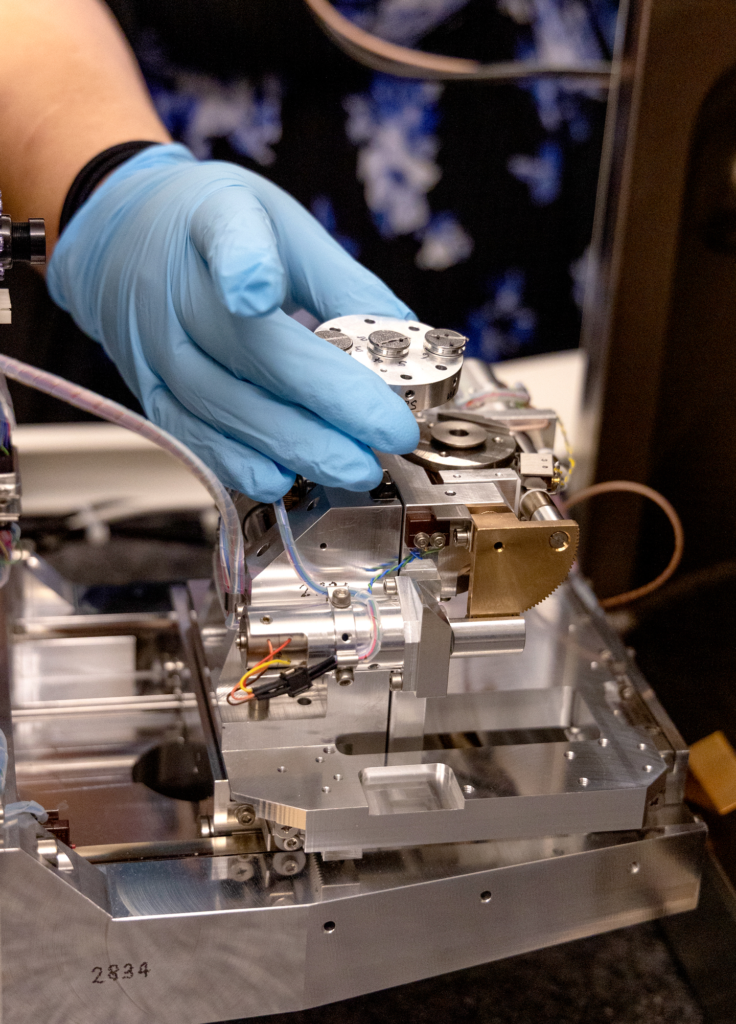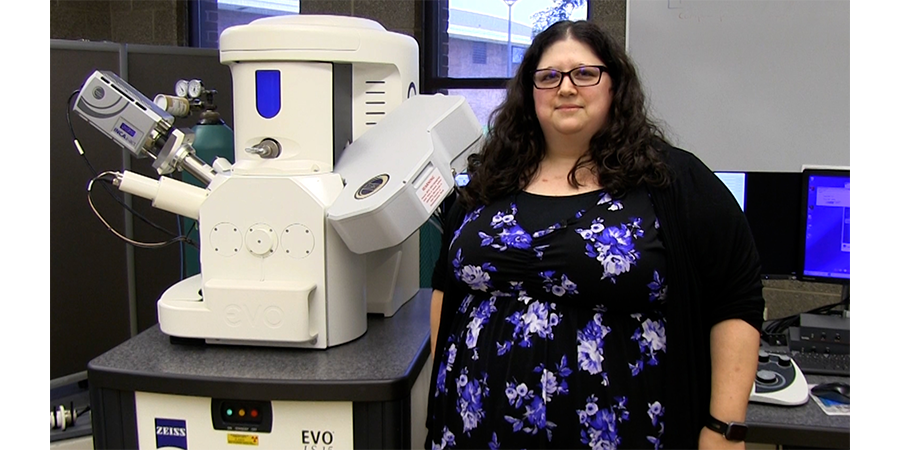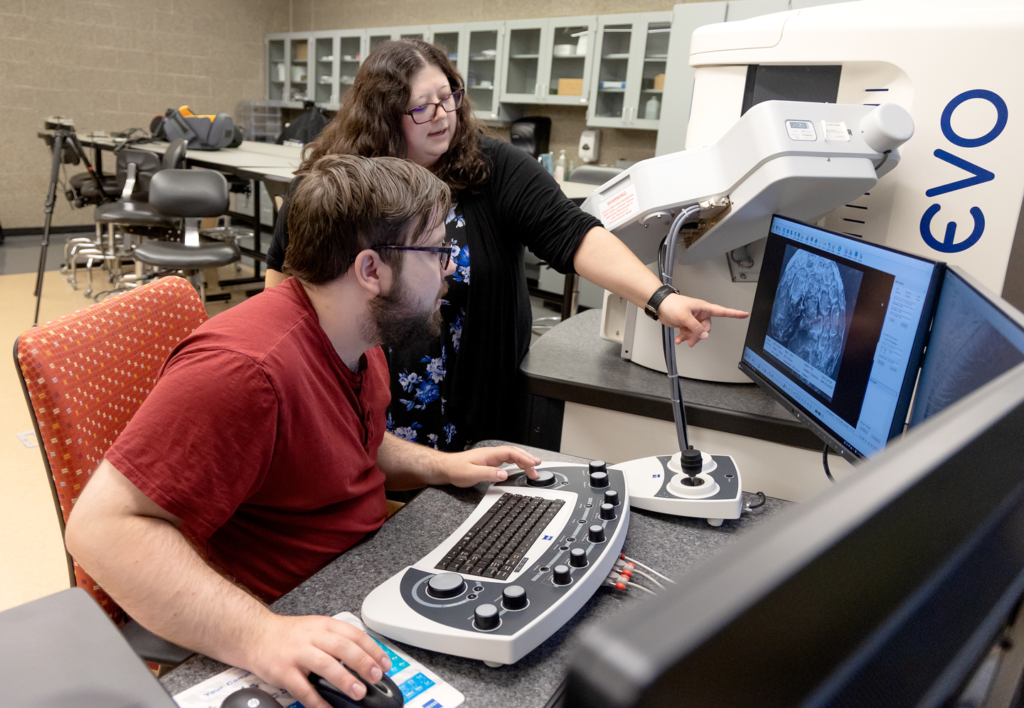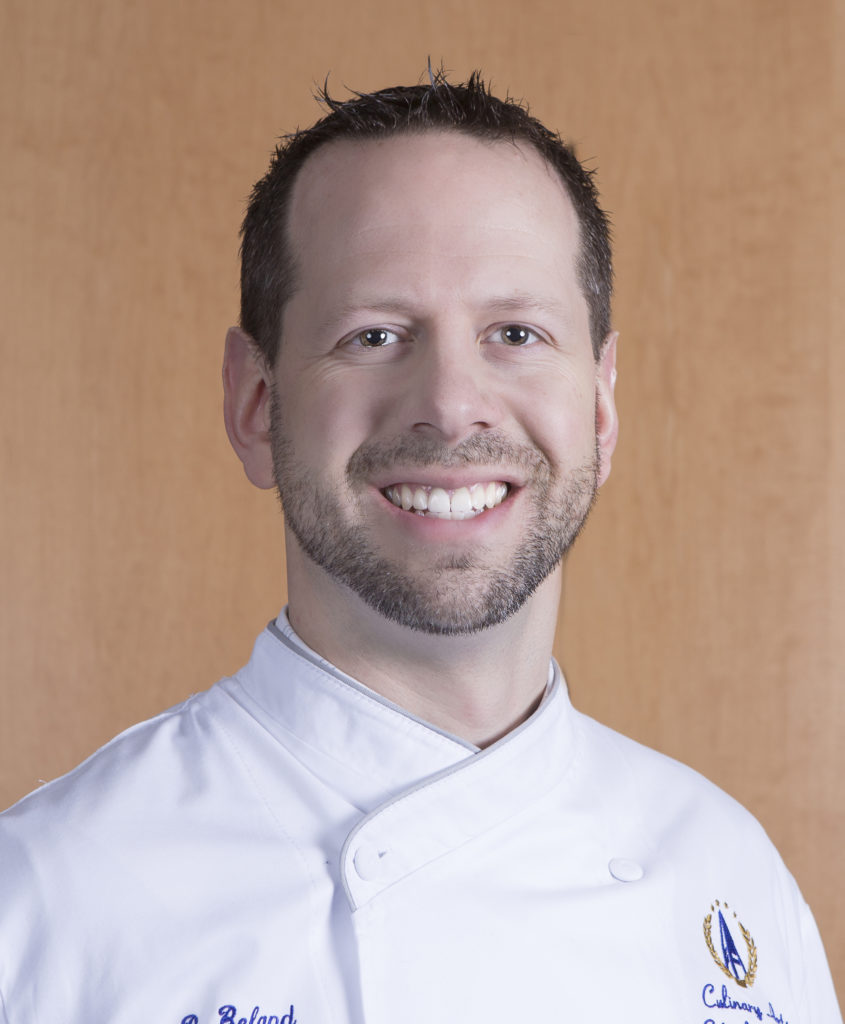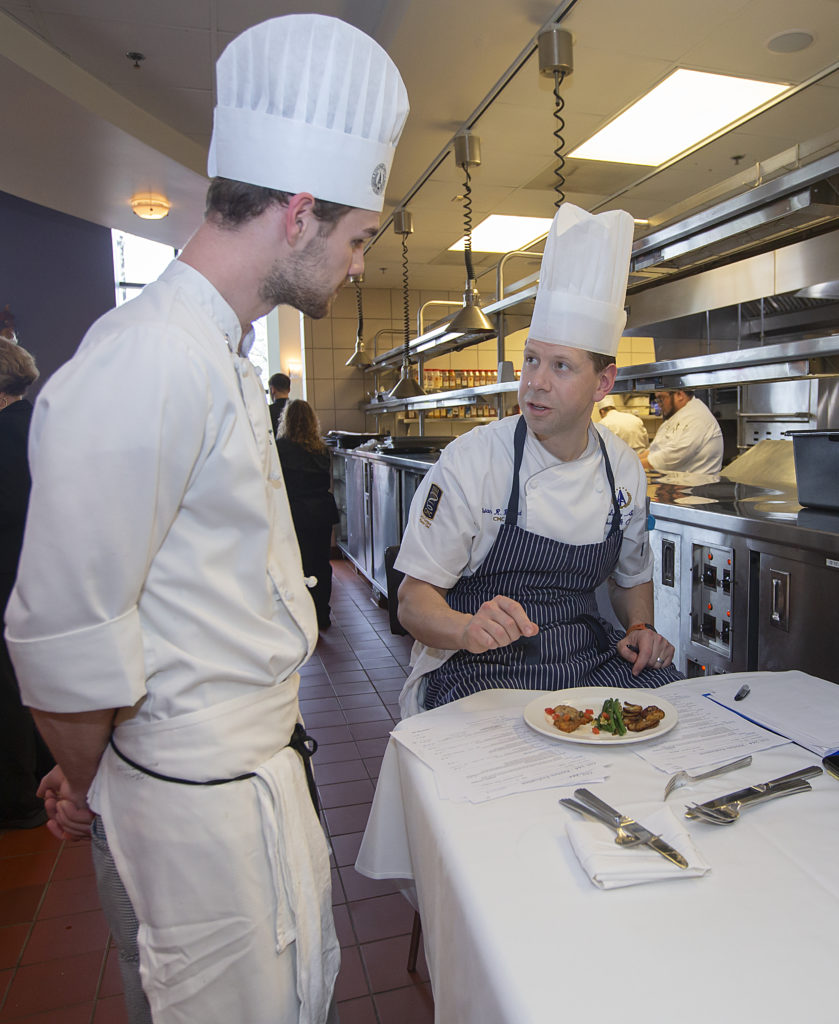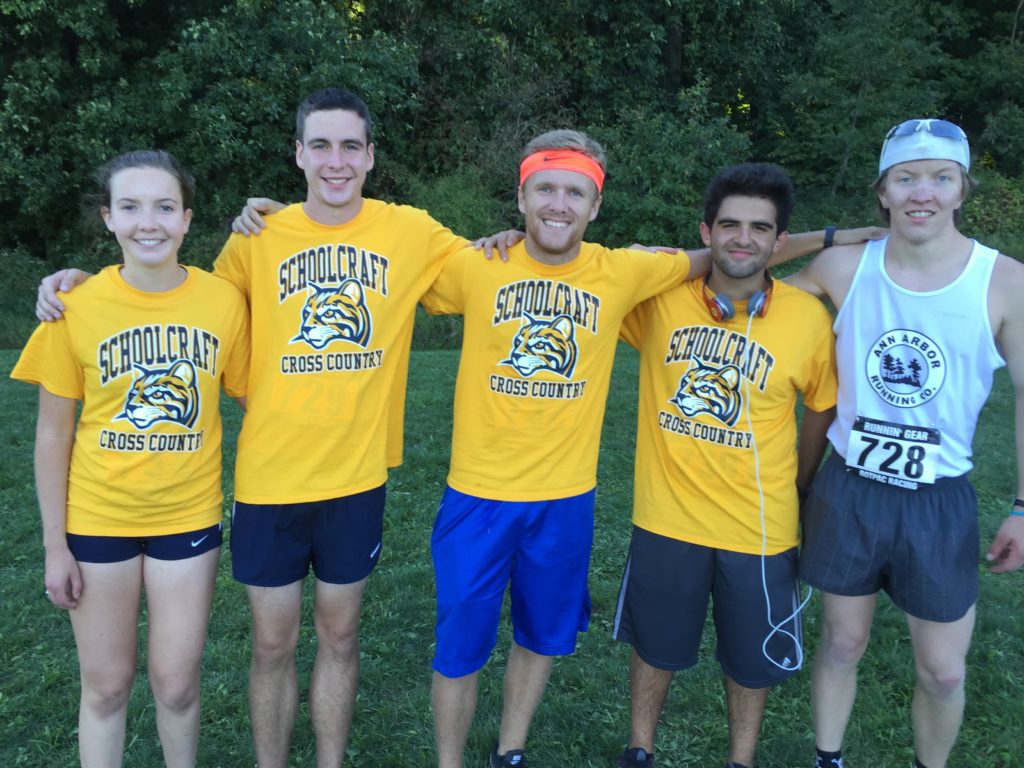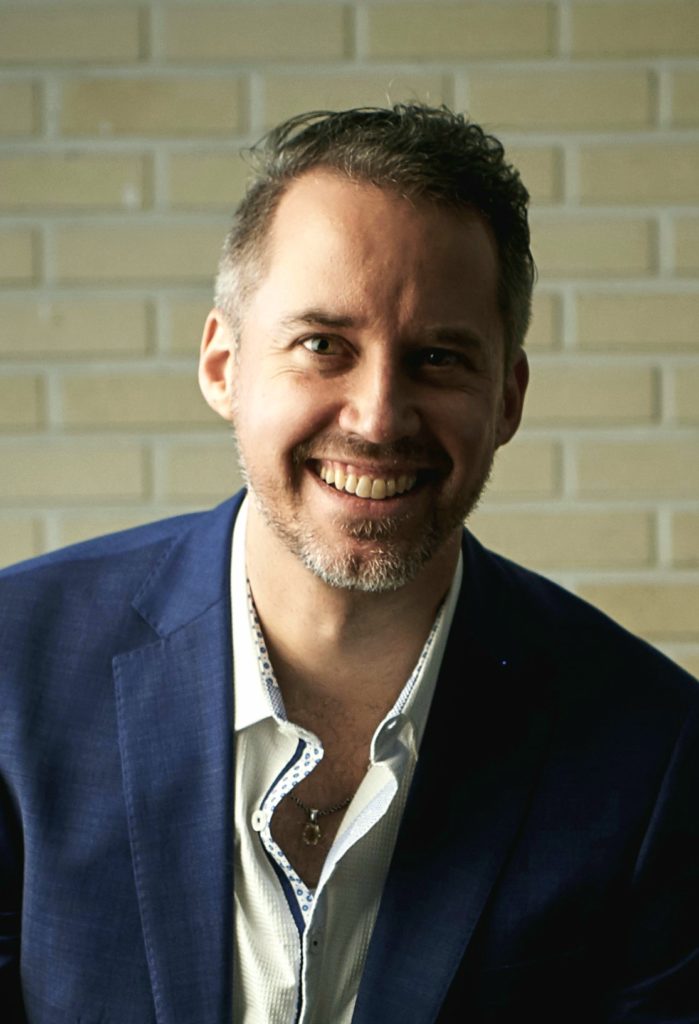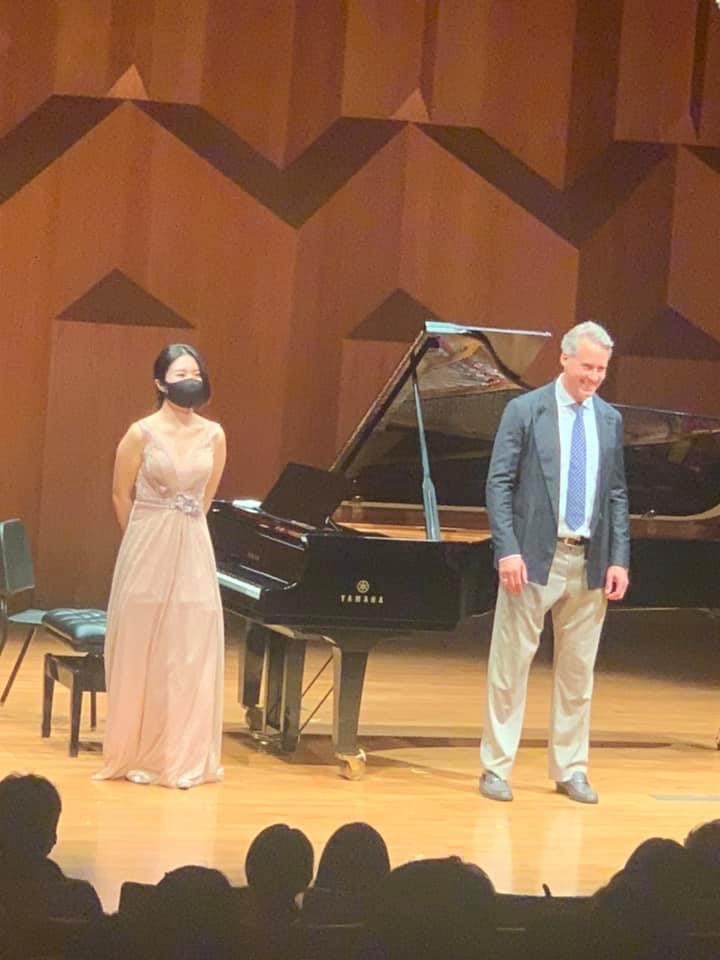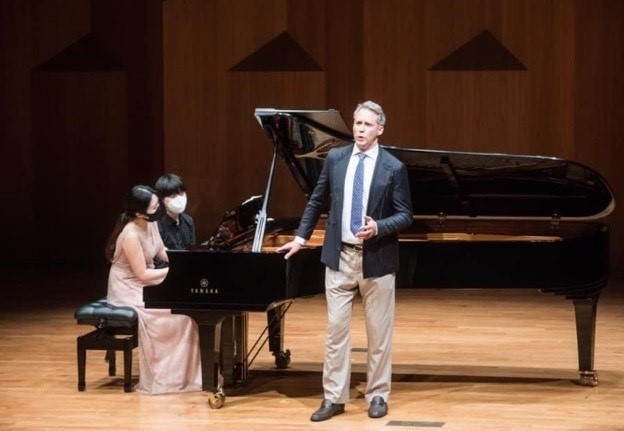As a team, Schoolcraft compiled a 3.59 GPA
Before – and after – the Schoolcraft College women’s bowling team hits the lanes, they hit the books. Hard.
That dedication to academics paid off in a big way as Schoolcraft was named the 2020-21 National Junior College Athletic Association (NJCAA) Academic Team of the Year in Women’s Bowling for achieving the highest grade point average in their sport.
This is the first time the women’s team has achieved this honor. It’s also the first time any Schoolcraft College team has achieved it since 2015-16 (men’s bowling).
“It’s obviously a very special and prestigious honor when you look at all of the other schools across the country that were eligible for this.”
Patrick Yelsik, Schoolcraft College women’s bowling coach
“It’s obviously a very special and prestigious honor when you look at all of the other schools across the country that were eligible for this,” coach Patrick Yelsik said. “Knowing the kind of young women who we have in our program, it doesn’t come as a total shock.
“Being around them every day, you learn very quickly that it is an exceptional group that has a laser focus and can be borderline perfectionists, and I say that in the highest regard. I’m extremely proud of them.”
As a team, Schoolcraft compiled a 3.59 GPA. Sophomore Allison Little (Livonia Churchill) earned NJCAA Second-Team Academic All-American honors with a 3.98 GPA in 2020-21, as did freshman LeiLani Williams (Carlson) with a 3.92 GPA. Sophomore Amanda Fsadni (Anchor Bay) was named to the NJCAA All-Academic Third Team with a 3.70 GPA.
Student-athletes in all sports face tremendous pressure balancing making time to play the sport they love with their academic load as well as other responsibilities.
“We practice two hours a day, four days a week, and then our tournaments are on Fridays, so it’s not uncommon for those to be 12-to-14 hour days when you factor in travel,” Yelsik said. “Then combine that with the fact that most everyone on our team has some sort of job on top of taking a full-time class load, there is definitely a time management component that they have to be able to successfully navigate, as is the case with any student-athlete.”
A key resource Schoolcraft College has in place to help student-athletes succeed is the Student Athlete Support System, or SASS. This program, one of the most comprehensive among community colleges, serves as both a checkpoint and a way to get students back on track.

Amy Proctor is the SASS Coordinator. Essentially, she’s the liaison among instructors, coaches, the Director of Athletics and the students. Faculty report to her six times a semester (about every two weeks) on the following:
- Attendance
- Passing
- Borderline
- Failing
“Most of our student-athletes at Schoolcraft College have the ‘student’ part down really well,” Proctor said. “We want everyone to stay on track, so we’re here to assist those who need a little help now and then.”
Yelsik is grateful for her help.
“A big thank you to Amy Proctor, our Student-Athlete Support Services Coordinator, for her tireless work on the academic side of the fence with the students as well as the rest of our Athletic Department Staff and my assistant coach Ashley Schou, who is able to provide much more guidance with homework on those long bus trips than I can,” he said.
Director of Athletics Cali Crawford is understandably proud of the achievement.
“This is a tremendous accomplishment, and full credit to our coaches for setting the right example and proper focus on priorities, to our women’s bowling team student-athletes for putting in the time on their studies and to our support staff for all of their help,” Crawford said. “I have no doubt that these young women are going to continue to be successful with whatever the next step in their journey may be and beyond.”


